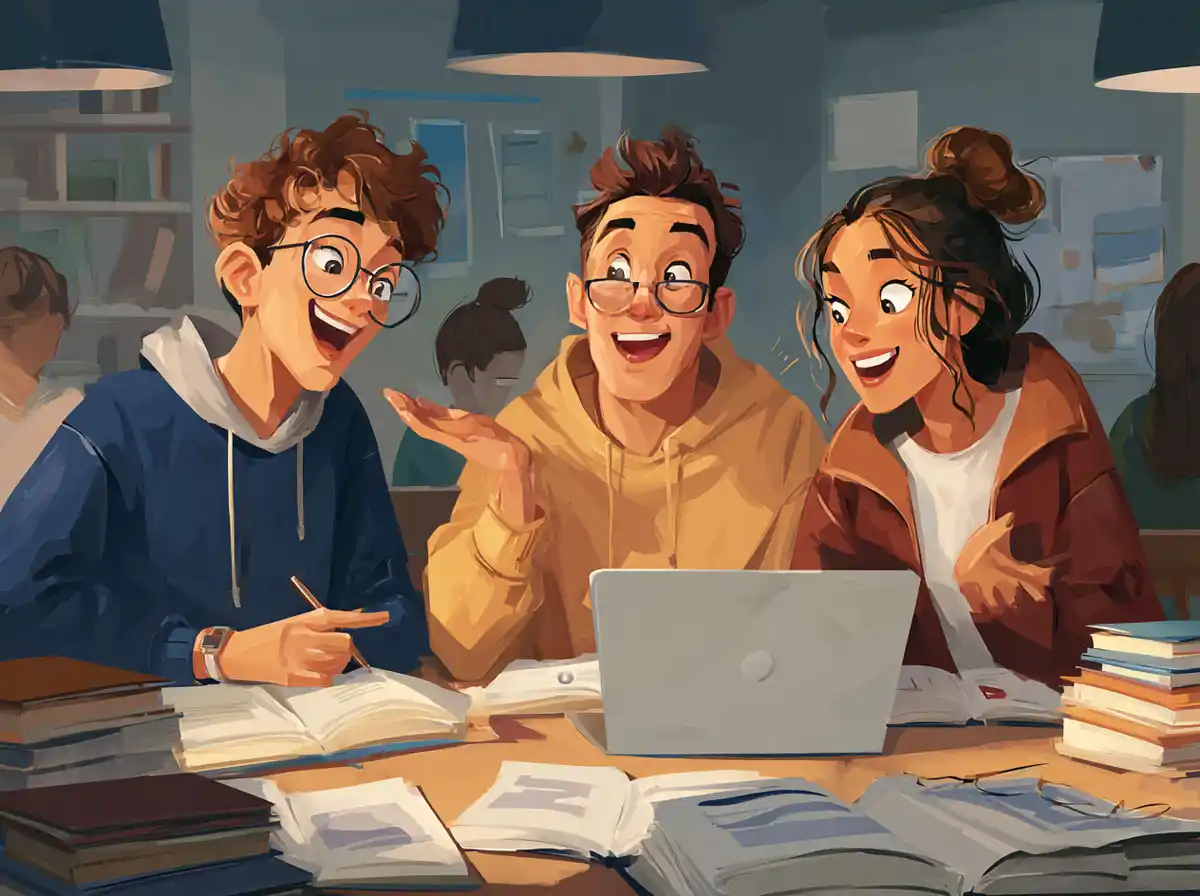Exercise 1: Complete the sentences with the correct form of the adjective.
“Ea este o *fată* (girl) inteligentă.”
“Avem un *câine* (dog) mare.”
“Avem două *pisici* (cats) mici.”
“Copiii sunt *fericiți* (happy).”
“Copilul este *trist* (sad).”
“Mama este *ocupată* (busy).”
“Părinții sunt *ocupați* (busy).”
“Sunt *frumoșii* (beautiful) ochii ei.”
“Este *frumoasa* (beautiful) rochia ei.”
“A fost o *seară* (evening) plăcută.”
“A fost o *zi* (day) frumoasă.”
“Sunt *fotografii* (photographs) vechi.”
“Este o *mașină* (car) veche.”
Exercise 2: Complete the sentences by adjusting the adjective according to the noun it modifies.
“Am citit o *carte* (book) interesantă.”
“Femeia este *îngrijorată* (worried).”
“E *vremea* (weather) urâtă.”
“Ceasul este *scump* (expensive).”
“Ceasurile sunt *scumpe* (expensive).”
“Ea are o *idee* (idea) mare.”
“Ei au *idei* (ideas) mari.”
“*Băiatul* (Boy) este obosit.”
“Băieții sunt *obosiți* (tired).”
“E *numele* (name) lui corect?”
“Fraza este *corectă* (correct).”
“Tabloul este *frumos* (beautiful).”
“Tablourile sunt *frumoase* (beautiful).”
“Profesoara este *amabilă* (kind).”










